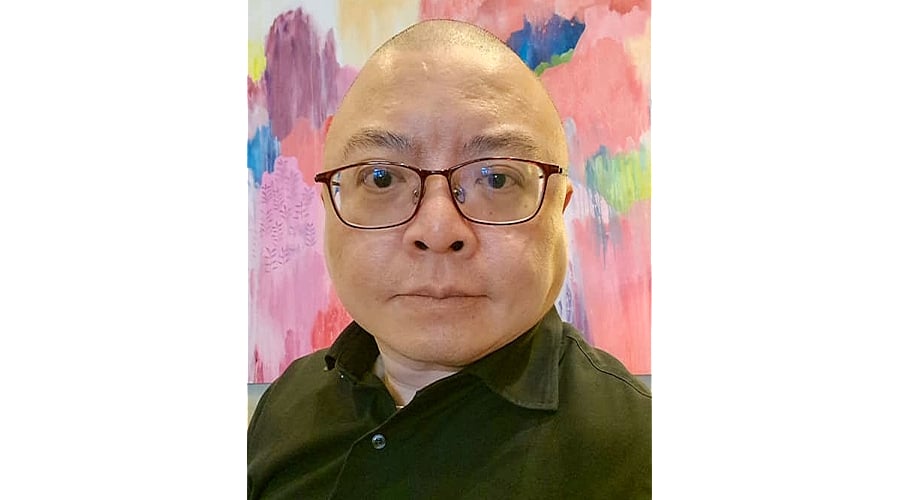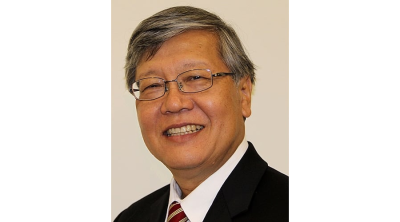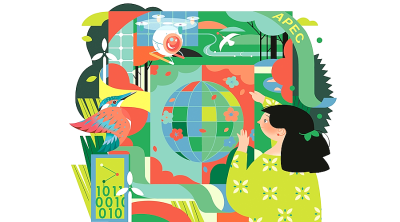
When the United States and Israel bombed Iran’s fortified nuclear facilities in Fordow, Natanz, and Isfahan in June 2025, they ruptured more than uranium enrichment halls—they shattered the already fragile scaffolding of international law and global trust.
Iran responded swiftly, closing the Strait of Hormuz, a narrow maritime artery through which over 20 percent of the world’s seaborne oil flows.
The implications were immediate: oil prices spiked, shipping routes were threatened, and markets convulsed. But what unfolded next was less expected.
Amid military brinkmanship by traditional powers, it was China and ASEAN that rose in stature—not through weapons or sanctions, but through diplomacy, restraint, and quiet moral authority.
Their soft power is growing, precisely because they refused to take part in the violence.
Strait closed, credibility opened
The closure of the Strait of Hormuz triggered panic in energy markets and anxiety in diplomatic circles.
The United States doubled down on its justification of the strikes as preemptive defense. Israel framed its actions as existential necessity. But much of the world saw the escalation for what it was—a failure of diplomacy.
In contrast, China acted with composure. Within days, it sent humanitarian aid and nuclear monitoring equipment to Iran.
It called for restraint and de-escalation through multilateral diplomacy. Crucially, it did not add fuel to the fire with military deployments or coercive rhetoric.
Instead, China quietly rerouted some of its energy imports through overland pipelines and port infrastructure across Pakistan and Central Asia.
It encouraged dialogue with key Gulf states and emphasized that regional security cannot be achieved through force.
The message was clear: China would lead, but not by confrontation.
ASEAN’s voice grows louder and clearer
While China’s restraint was notable, equally important was the role of ASEAN, under the Chairmanship of Malaysia in 2025. Led by Prime Minister Anwar Ibrahim, ASEAN spoke with unusual coherence and moral clarity.
In an official statement, Malaysia, as Group Chair of ASEAN and Related Summits, condemned the strikes on Iran as “unilateral and dangerous.”
It emphasized the need to uphold international law and refrain from actions that could spiral into a wider war. Indonesia, the region’s most populous Muslim-majority nation, quickly echoed these sentiments, calling for all parties to return to diplomatic channels.
Even typically cautious ASEAN members like Singapore, Thailand, and Vietnam aligned with the bloc’s call for restraint.
ASEAN’s stance—built on decades of promoting peace, neutrality, and consensus—was no longer defensive. It was assertive, credible, and influential.
The Putrajaya summit and a new strategic grammar
This growing soft power was evident during the ASEAN-GCC-China Summit held in Putrajaya in May 2025, just weeks before the strikes in Iran.
Hosted by Malaysia, the summit brought together the Gulf Cooperation Council, China, and Southeast Asian states in a clear display of multipolar diplomacy.
China emphasized the Confucian concept of Tianxia, meaning “all under one heaven”—a worldview of mutual respect and coexistence.
Rather than projecting dominance, it projected order, harmony, and restraint.
The summit participants called for economic cooperation, connectivity, and cultural dialogue. But what stood out was their shared aversion to war.
That meeting, often overlooked in Western headlines, now seems prophetic. As the Iran conflict escalated, it was those very states—Malaysia, Indonesia, China, and the Gulf monarchies—that remained committed to diplomacy and humanitarian coordination.
China’s influence without intimidation
Beijing’s response to the Iran crisis has deepened its reputation as a non-militarist power with global reach.
It did not condemn for the sake of political point-scoring. Nor did it mobilize its navy to “protect shipping lanes” in a show of strength. Instead, it built alliances through logistics, trade continuity, and cultural affinity.
China’s position as a long-term partner to both Iran and Saudi Arabia gave it leverage. But it exercised that leverage with discretion.
It extended offers of assistance in nuclear safety, reconstruction, and regional dialogue—all without alienating either side.
In a world growing tired of coercive diplomacy and regime-change rhetoric, China’s non-interventionist consistency is proving attractive—especially across the Global South.
ASEAN’s normative power is no longer passive
The rise of ASEAN’s soft power is equally remarkable.
Too often viewed as a talk shop or an economic bloc that shies away from hard issues, ASEAN in 2025 is demonstrating a new normative confidence.
And under Anwar Ibrahim’s leadership, that confidence is translating into clear foreign policy positions grounded in legality, restraint, and strategic calm.
Prime Minister Anwar’s stewardship has reframed ASEAN as a bloc capable of responding to international crises—not by taking sides, but by reaffirming foundational norms.
His assertion that “the laws of humanity must not bend to the interests of hegemony” has become emblematic of the region’s diplomatic posture.
This is not merely symbolism. ASEAN is now viewed by many countries in Africa, the Middle East, and Latin America as a bridge-builder in a fragmented world order—one that can engage with both China and the West, without being subordinated to either.
A shifting Global South
As the war in Iran metastasizes—dragging in actors across Syria, Lebanon, and Iraq—it is not the loudest military powers that command trust. It is those who have chosen restraint over reaction.
Iran itself has acknowledged this. In recent weeks, Teheran has welcomed both Chinese assistance and ASEAN’s humanitarian overtures.
Officials there stated that China and ASEAN have conducted themselves “with dignity, empathy, and independence”—a clear contrast to the aggressive posturing of Western powers.
Conclusion: As the guns roar, diplomacy rises
The war in Iran is still unfolding. The Strait of Hormuz may remain a volatile flashpoint.
But what is clear is that the diplomatic gravity of the world is shifting. A Confucian-Islam confluence that is anti-war is more realistic.
No longer confined to Washington, Brussels, or Moscow, soft power now flows through Beijing, Jakarta, Singapore and Kuala Lumpur even Dili. With the latter, President Jose Ramos Horta, a peace prize laureate, is thinking of ways to help end the war.
In this emerging order, soft power is no longer secondary. It is primary for the reconstitution of a stable yet global trading order.
As missiles fall and tempers rise, it is these voices of calm that remind the world that leadership is not measured by who strikes hardest—but by who steadies the course.
(Dr Phar Kim Beng is Professor of ASEAN Studies, International Islamic University Malaysia, and Cambridge Commonwealth Scholar.)
ADVERTISEMENT
ADVERTISEMENT








































